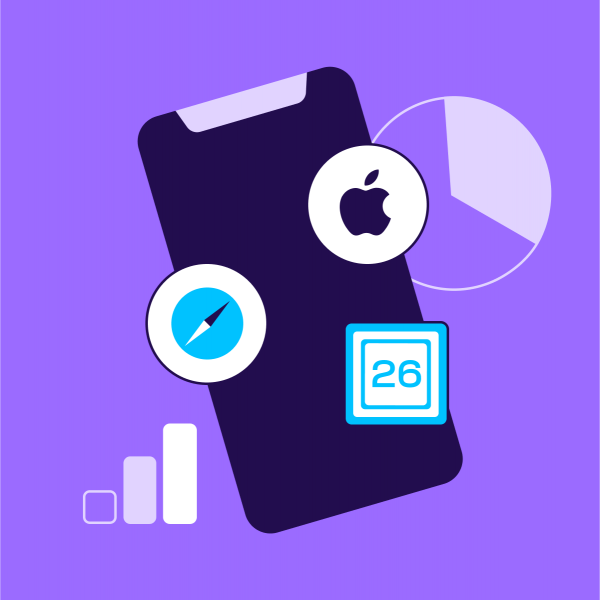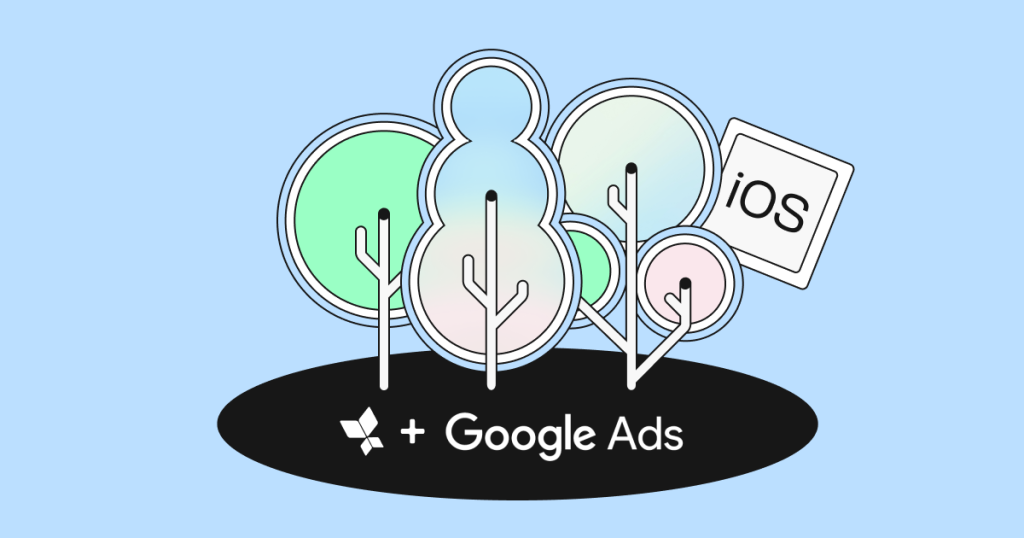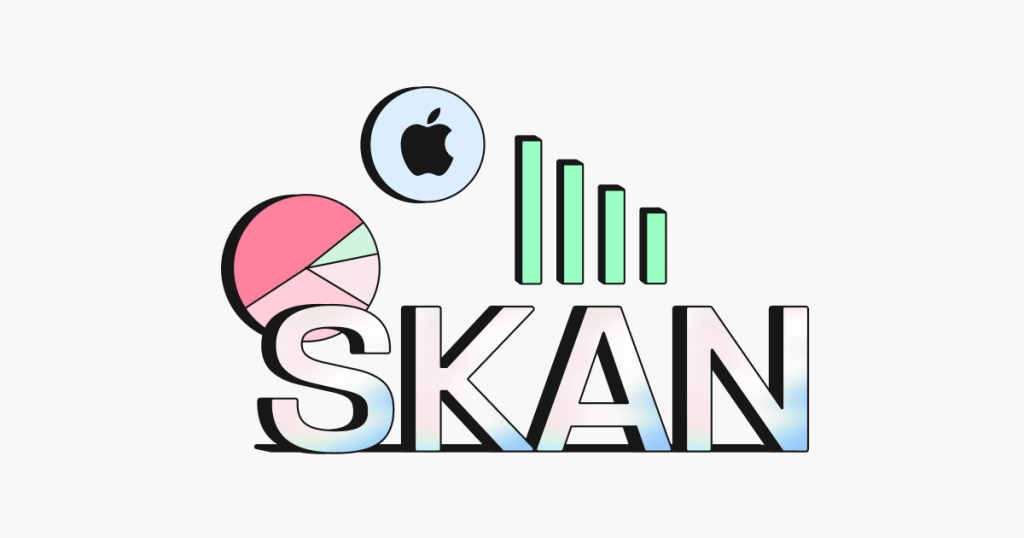Safari iOS 26 user-agent freeze: what it means for attribution


With the official launch of iOS 26 on September 15, Apple introduced a significant change to Safari: the operating system version is now frozen in the browser’s user-agent (UA) string. This means Safari (including in-app web views) no longer reveals the current iOS version to websites or measurement tools.
For app developers and measurement teams, this kind of change isn’t just a detail — it signals how the web platform is shifting: fewer easy signals about a device’s OS, more reliance on privacy‑driven behavior, and a growing gap between what was possible and what will be reliable moving forward.
What this means for attribution
The user agent freeze has significant implications for the mobile marketing ecosystem:
- Attribution platforms and martech tools often rely on granular signals in the UA string, including the OS version, to improve accuracy in attribution and analytics models.
- With the OS version now static, platforms that lean heavily on user-agent signals may face reduced precision when attempting to link installs, re-engagements, and user events.
Clearly, this change could disrupt attribution accuracy for some. But the good news is that it will not impact AppsFlyer customers.
AppsFlyer’s solution: Future-proof attribution
AppsFlyer’s engineering team detected the change early in iOS 26 beta versions and developed a forward-compatible fix to ensure attribution accuracy wouldn’t be compromised.
Here’s how our solution works:
- Frozen UA detection: When Safari presents a static OS version (e.g., “iOS 18.6”), the system identifies it as part of the new behavior introduced with iOS 26.
- Version correction: AppsFlyer’s attribution modeling relies on a combination of device-level and aggregated signals to restore and maintain attribution accuracy.
The bottom line: No impact on attribution. Your measurement continues without disruption, and AppsFlyer’s models remain fully supported and unaffected by the Safari user agent change.
What this means for you as an AppsFlyer customer
If you’re an AppsFlyer customer, there’s nothing you need to do. Our fix is already live and seamlessly working behind the scenes.
Your attribution data will continue to be:
- Reliable
- Consistent
- Unaffected by iOS 26 Safari UA changes
This is a direct reflection of our commitment to staying ahead of platform-level changes and continuously protecting the integrity of your measurement, attribution, and analytics – even in a rapidly evolving privacy landscape.
Key takeaway: you are covered. AppsFlyer Adapted to Safari’s UA Freeze
Apple’s decision to freeze the OS version in Safari’s user agent string marks another step in the industry-wide shift toward privacy-enhanced digital experiences. While this introduces technical challenges for attribution providers, AppsFlyer customers are already covered.
Our team acted early, delivered a resilient solution, and ensured that your data remains trustworthy – no matter how the ecosystem evolves.








